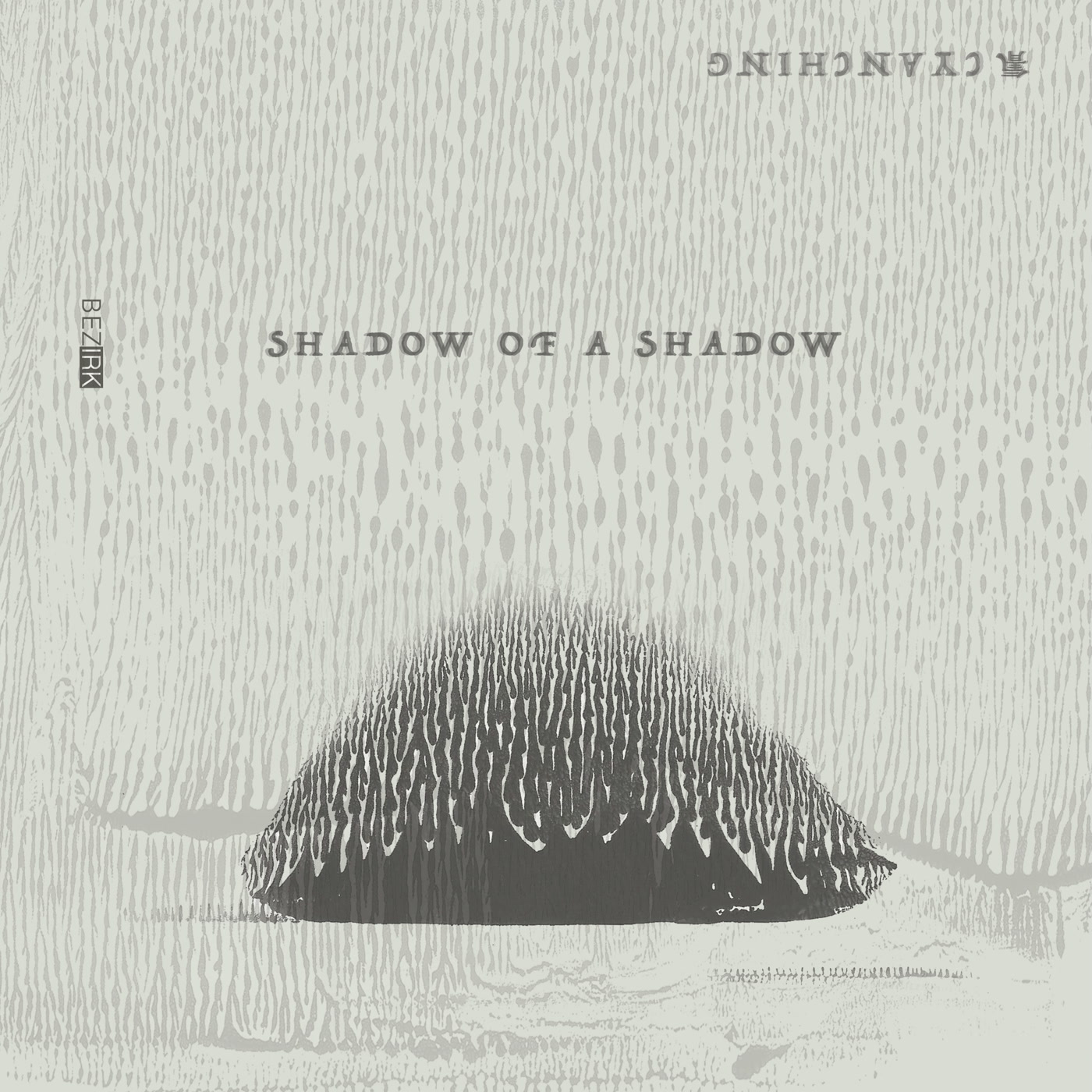- Digital
Cyanching
Shadow of a Shadow
Bezirk
- Cat No: BZ012
- Release: 2019-08-10
- updated:
Track List
-
1. Cyanching - Shadow of a Shadow
26:30 -
2. Cyanching - Establishment of the State of Taiwan I: Fermentation
05:41 -
3. Cyanching - Establishment of the State of Taiwan II: Invasion, Massacre, Brainwash
06:01 -
4. Cyanching - Establishment of the State of Taiwan III: Elimination
07:31
24bit/48khz [wav/flac/aiff/alac/mp3]
Shadow of a Shadow is the debut release from London-based Taiwanese composer Cyanching, showcasing her unique approach to composition and production.
“I try to redefine sampling,” she explains. “If I like a sound, I don’t just record it, I try to recreate it. If I love a bassline on a track for example, I try to play it myself and capture the qualities that attract me. By doing that you create a new sound within an old pattern.”
“The biggest part of my process is researching sounds, to get the materials for my compositions,” Cyanching says. “I then try to put these together, almost like collages. To create something new, to express a different narrative.”
The title track, Shadow of a Shadow, is a twenty plus minute journey through rustling ambience, mournful synth patterns and a climax of ferocious guitar chug that aims to capture Taiwan’s diversity. On the b-side, Cyanching engages with the country’s tumultuous past. The track titles, Fermentation, Invasion and Elimination, strive to tell the story of the formation of a national identity against terror and suffering.
“Taiwan lives in the shadow of a shadow,” she explains. “A history of invasion and cultural combination. I deliberately used the widest mix of frequencies and textures I could, to reflect the different ideologies in Taiwan. The pulses that go in and out of phase in the album are meant to capture the hope that ultimately, we’re all eventually heading in the same direction, towards the same goal.”
Despite the 4 tracks being so directly tied to Taiwan, Cyanching was determined to avoid dwelling on the country’s traditional music to signpost her heritage.
“This music is all about present ideology, so why do I need to use ‘traditional’ Taiwanese sounds?” she asks. “I should embrace the fact that I live in the west. If the music used sounds that were obviously Taiwanese, it would seem like I was trying to label it as being ‘outsider’. But I’m more interested in making a distinct identity by fusing different elements,” she concludes.
“I try to redefine sampling,” she explains. “If I like a sound, I don’t just record it, I try to recreate it. If I love a bassline on a track for example, I try to play it myself and capture the qualities that attract me. By doing that you create a new sound within an old pattern.”
“The biggest part of my process is researching sounds, to get the materials for my compositions,” Cyanching says. “I then try to put these together, almost like collages. To create something new, to express a different narrative.”
The title track, Shadow of a Shadow, is a twenty plus minute journey through rustling ambience, mournful synth patterns and a climax of ferocious guitar chug that aims to capture Taiwan’s diversity. On the b-side, Cyanching engages with the country’s tumultuous past. The track titles, Fermentation, Invasion and Elimination, strive to tell the story of the formation of a national identity against terror and suffering.
“Taiwan lives in the shadow of a shadow,” she explains. “A history of invasion and cultural combination. I deliberately used the widest mix of frequencies and textures I could, to reflect the different ideologies in Taiwan. The pulses that go in and out of phase in the album are meant to capture the hope that ultimately, we’re all eventually heading in the same direction, towards the same goal.”
Despite the 4 tracks being so directly tied to Taiwan, Cyanching was determined to avoid dwelling on the country’s traditional music to signpost her heritage.
“This music is all about present ideology, so why do I need to use ‘traditional’ Taiwanese sounds?” she asks. “I should embrace the fact that I live in the west. If the music used sounds that were obviously Taiwanese, it would seem like I was trying to label it as being ‘outsider’. But I’m more interested in making a distinct identity by fusing different elements,” she concludes.



